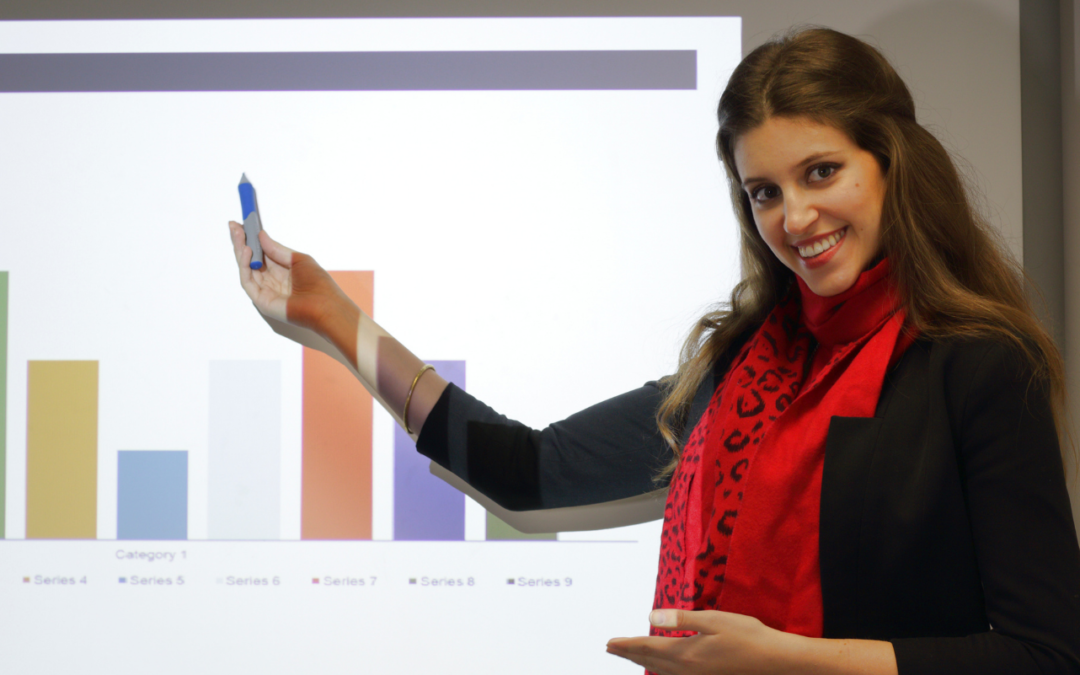×

LEARN MORE ABOUT THE WORKSHOP KIT
Enter your email below and we will keep you updated as more information is released about the kit.

Or, perhaps you are asked to shorten yours?
This is a common request that I think is misguided.
Let me explain why.
Stakeholders don't ask you to make your communication shorter because it's hard to read. They ask because it is too hard to read.
So, when you use ‘TLDR' … which for those of you who aren't familiar with this term means ‘To Long, Didn't Read', try this one instead:
THDR – Too Hard, Didn't Read
To see an example and get some more ideas to help you with your communication, watch this recent workshop I ran.
I hope that helps.
Davina

I love what I do.
I help senior leaders and their teams prepare high-quality papers and presentations in a fraction of the time.
This involves 'nailing' the message that will quickly engage decision makers in the required outcome.
I leverage 25+ years' experience including
My approach helps anyone who needs to engage senior leaders and Boards.
Recent clients include 7Eleven, KPMG, Mercer, Meta, Woolworths.
Learn more at www.clarityfirstprogram.com
(*) Numbers are based on 2023 client benchmarking results.

Love or hate Jeff Bezos, he has had some very very good ideas when it comes to decision making communication.
I was talking about one of these with a client earlier this week. Given she liked the ideas and planned to implement them, I thought I'd share them with you also.
The most prominent idea relates to avoiding PowerPoint in favour of tightly crafted prose narratives to maximise quality decision making. Let me explain the two key ideas my client found so useful.
Avoid PowerPoint presentations. In relying on Edward Tufte's work on visualising information, ‘Jeff' decided to ban PowerPoint for reasons that seem sound to me.
Here's what they do instead.
Rely on short, tightly crafted prose narratives instead. They don't insist on any particular way of writing these, just that they be short and effective in setting up a great discussion. Their use in meetings is, however, prescribed as follows. The papers are
I hope that provides some useful food for thought.
Kind regards,
Davina
PS – I am curious to see what tools your organisations use.
If you click the relevant link below, I'll see the tally and can factor this into my program design for you.
In my organisation, decision making papers are …
When you click the link it will take you to a post on my website that offers some ideas on different ways to think about communication.
I'll let you know the results next week.
May 27th
Moving away from PowerPoint shines a light on the need to craft a really crisp narrative.
We can no longer hide or ad lib: we must think hard to connect the dots between our ideas no matter how complex the material.
Learn the foundational skills for untangling complex ideas so you can move from delivering ‘information' to conveying insightful, high-quality messages that are easily understood.